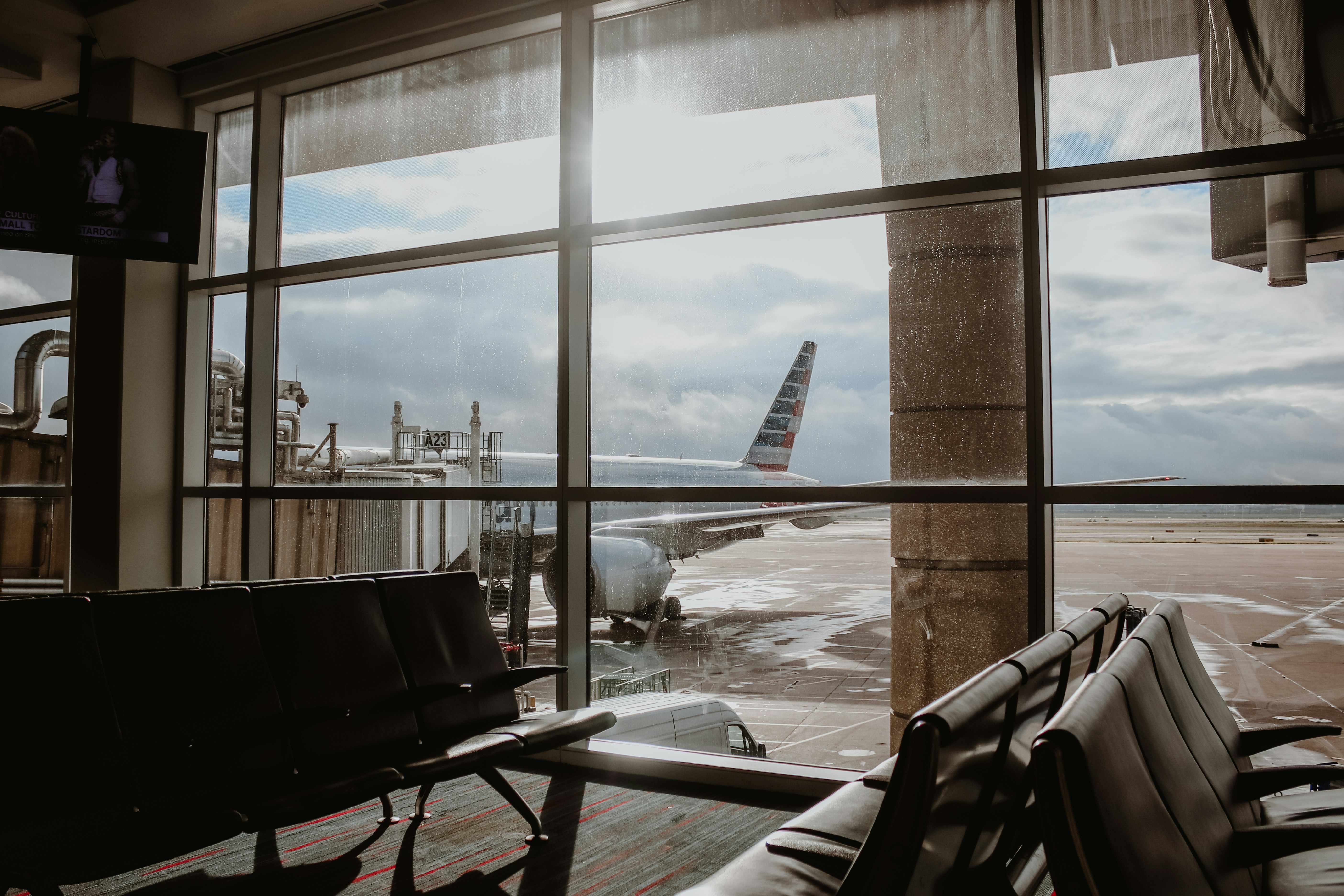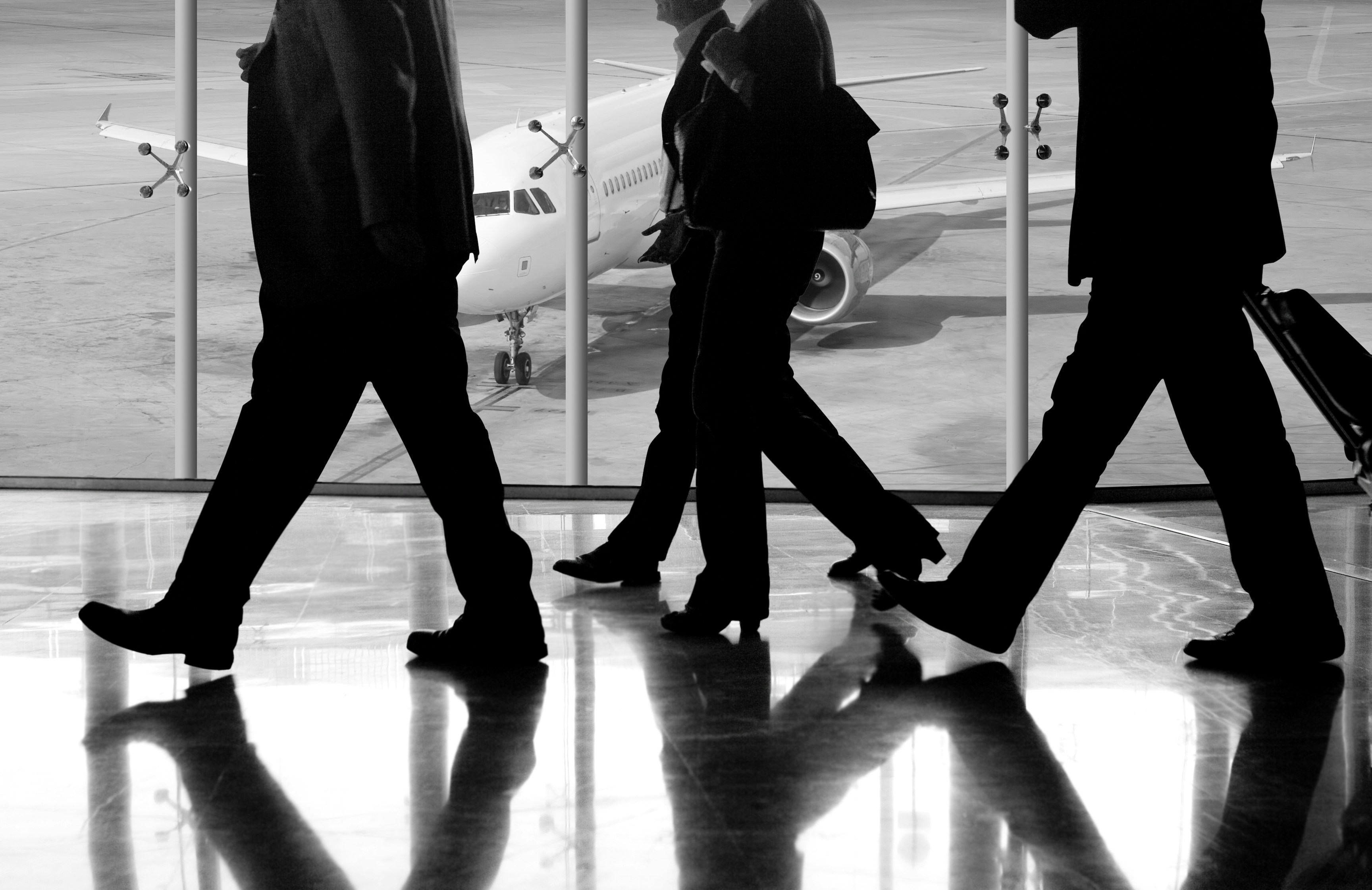Have you ever wondered how travel and subsistence expenses work for limited companies in the UK? Navigating the intricacies of business expenses can be a bit overwhelming, but understanding them is crucial for managing your company’s finances efficiently. In this friendly guide, we’ll break down everything you need to know about travel and subsistence expenses for limited companies in the UK. From understanding what qualifies as allowable expenses to learning how to keep compliant records, you’ll gain the knowledge to make informed decisions, ensuring your company’s financial well-being remains robust.
What Are Travel and Subsistence Expenses?
Travel Expenses
Travel expenses encompass costs incurred by you or your employees while traveling for business purposes. Whether it’s attending a client meeting, going to a conference, or visiting a project site, any travel directly related to the business can typically be recouped.
Subsistence Expenses
Subsistence expenses refer to costs related to meals, accommodations, and other necessities incurred while traveling for business. These are essential for ensuring that you and your employees are comfortable and can perform work effectively while away from the primary workplace.
Why Are These Expenses Important?
Tax Deductions
One of the main reasons to track these expenses accurately is for tax purposes. Proper tracking allows you to claim these expenses as deductions, reducing the overall taxable income of your company.
Financial Management
Knowing how much your company spends on travel and subsistence helps in budgeting and financial planning. It keeps you aware of where your money is going and helps in making informed decisions about future travel plans.
HMRC Guidelines on Travel and Subsistence Expenses
Wholly, Exclusively, and Necessarily
For an expense to be deductible, the HMRC stipulates that it must be “wholly, exclusively, and necessarily” incurred for business purposes. This implies that the trip or expense must be strictly for work-related reasons.
Receipts and Records
Always keep receipts and detailed records of all travel and subsistence expenses. HMRC requires these documents for you to claim these expenses as deductions. It’s crucial to log dates, amounts, and the nature of the expense in case of a tax investigation.
Reimbursing Employees
When reimbursing employees for their travel and subsistence costs, ensure the reimbursement follows the same HMRC guidelines. Proper documentation is still essential, and the expenses must be for business purposes only.
Types of Travel Expenses
Mileage Allowance
If you or your employees use personal vehicles for business travel, mileage can be claimed. The HMRC provides specific rates:
| Vehicle Type | Rate |
|---|---|
| Cars and Vans | 45p per mile (first 10,000 miles), 25p thereafter |
| Motorcycles | 24p per mile |
| Bicycles | 20p per mile |
Public Transport
Costs for trains, buses, taxis, and even flights can be claimed as long as they are necessary for business purposes. Always keep the tickets or receipts as proof.
Accommodation
If overnight stays are required, reasonable costs for hotels or other accommodations can be claimed. The cost must be justifiable and not extravagant.
Parking and Tolls
Parking fees and toll charges incurred during business travel are also deductible. Again, receipts are crucial for these claims.
Other Travel-Related Costs
Expenses like travel insurance, luggage fees, or car hire costs can be included if they are related to your business trip.
Types of Subsistence Expenses
Meals
Meal expenses can be tricky. Generally, you can claim the cost of meals taken during business travel. These meals should be reasonably priced and necessary for the trip.
Daily Allowances
Some companies provide daily allowances for employees on business trips. These allowances cover meals and minor incidental expenses. You must ensure these allowances are reasonable.
Incidental Expenses
Incidental expenses might include tips, minor travel necessities, or small items bought during the trip. These must be adequately documented and should not be excessive.
Combined Travel and Subsistence Packages
Sometimes, it might be simpler to offer combined travel and subsistence packages. This can streamline the claiming process, but it’s essential to ensure these packages remain within reasonable limits.
Best Practices for Managing Travel and Subsistence Expenses
Use Expense Management Software
Technology can be a lifesaver in managing your travel and subsistence expenses. There are numerous software options that can help you and your team easily record, track, and report expenses.
Set Clear Policies
Having a clear, written policy on what constitutes acceptable travel and subsistence expenses can help avoid misunderstandings. Make sure all employees are well-informed about these policies.
Regularly Review Expenses
Regularly review expenses to identify patterns and potential areas where costs can be reduced. Periodic audits can also ensure that all claims are legitimate and properly documented.
Budget for Travel
Include a travel budget in your financial planning. Anticipating travel needs and costs can help you allocate funds more efficiently and avoid last-minute financial strains.
Common Mistakes to Avoid
Forgetting to Keep Receipts
One of the most common mistakes is failing to keep receipts. Without proper documentation, you won’t be able to claim these expenses, which can result in lost tax deductions.
Claiming Personal Expenses
It’s vital to ensure that all claimed expenses are strictly for business purposes. Mixing personal expenses with business claims can lead to problems with HMRC and possible penalties.
Not Updating Expense Policies
Ensure that your expense policies are regularly reviewed and updated to comply with current HMRC guidelines. Outdated policies can lead to improper claims and potential issues during audits.
Overlooking Online Training Resources
HMRC provides various online training resources that can help you understand the nuances of travel and subsistence expenses. Overlooking these resources means you might miss out on valuable information.
Industry-Specific Considerations
Different industries might have varying norms for acceptable travel and subsistence expenses. For instance, a consultant might have different travel necessities compared to a construction worker. Tailor your expense policies to suit your industry-specific needs while adhering to HMRC guidelines.
Consult Your Accountant
When in doubt, consulting with your accountant can provide clarity. Accountants are well-versed with the latest HMRC guidelines and can offer advice tailored to your company’s specific circumstances.
How to Handle Overseas Travel Expenses
Currency Conversion
When dealing with overseas travel expenses, currency conversion rates can add another layer of complexity. Always keep a note of the exchange rates at the time the expenses were incurred.
Additional Documentation
More documentation may be needed for international travel, including visas, work permits, and sometimes even vaccination records. Keep a thorough record of these for accurate reporting.
Understanding Local Laws
Ensure you understand both UK and local laws regarding business expenses. What qualifies as a deductible expense in the UK might not be the same in another country.
Overseas Subsistence Rates
HMRC provides specific subsistence rates for different countries. Familiarize yourself with these rates to ensure you are claiming the correct amounts.
Case Study: Efficient Expense Management
To give you a clearer picture, let’s discuss how a hypothetical company, “Tech Solutions Ltd.,” manages its travel and subsistence expenses:
The Challenge
Tech Solutions Ltd. frequently sends its employees across the UK for client meetings and project management. Initially, the company faced issues with managing and tracking these expenses, leading to confusion and occasional disputes with HMRC.
The Solution
The company implemented a comprehensive expense management software and established clear travel and subsistence policies. They also began holding quarterly training sessions for employees to ensure everyone understood the importance of proper documentation.
The Results
Within a year, Tech Solutions Ltd. saw a significant improvement in their expense management. They were able to efficiently claim all eligible deductions, thereby reducing their taxable income. Employee satisfaction also improved as the reimbursement process became quicker and more transparent.
Conclusion
Understanding and managing travel and subsistence expenses is crucial for the smooth financial operation of your limited company in the UK. Keeping accurate records, adhering to HMRC guidelines, and using modern tools can ease the process considerably. Whether you’re venturing across the UK or around the globe, having a clear, efficient system in place will help you make the most out of your business travels.
By staying organized and informed, you ensure that every trip contributes, positively to your company’s success. So, next time you or your team head out for business, you’ll be well-equipped to handle all those travel and subsistence expenses like a pro!




